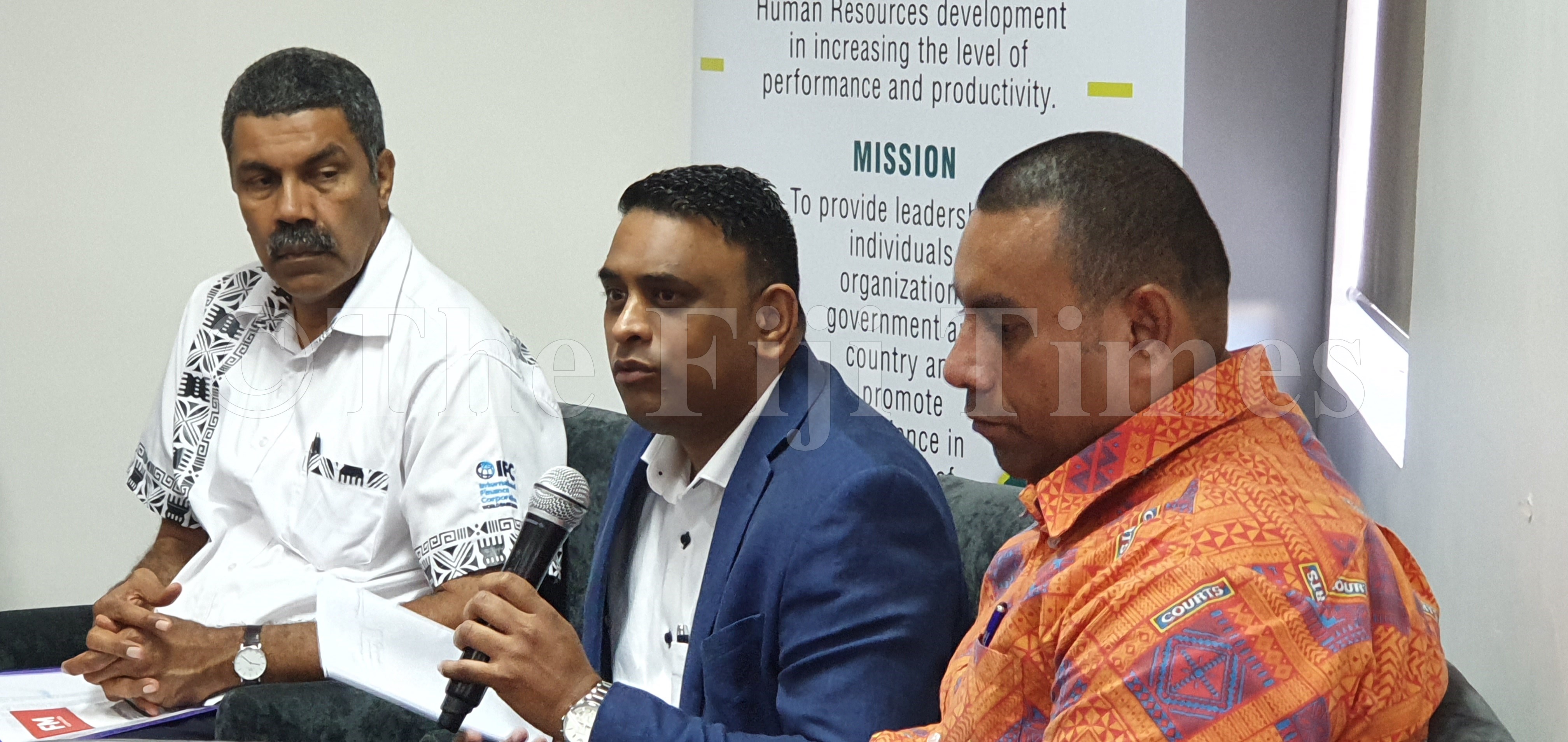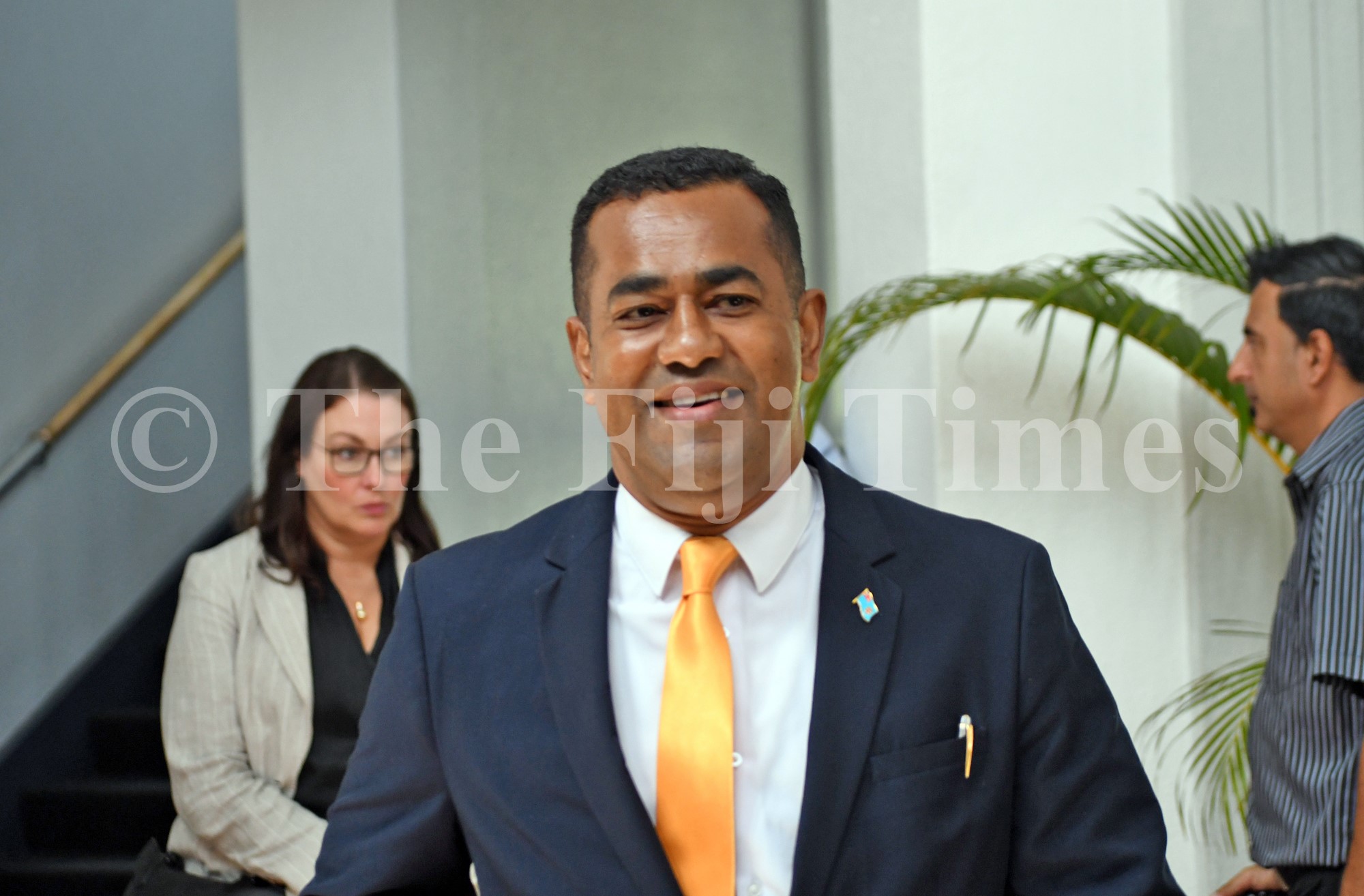FIJI is among the most gender unequal countries in the world in women’s economic participation ranking 106 out of 149 countries on the World Economic Forum’s 2018 Gender Gap Index.
This was highlighted by Fiji Human Resources Institute (FHRI) president, Kameli Batiweti in a statement issued today.
“Despite having a highly educated female population – with a higher proportion of women tertiary graduates than men, women are poorly represented in the formal labor force especially in senior levels,” Mr Batiweti said.
“These inequalities stunt economic, social, and human development and creates significant challenges for the workforce, businesses and the economy.
“The private sector is very well positioned to answer the call of government to act, with the IFC studies in Fiji and the Rakorako peer learning series we can develop the skills and tools we need to address these issues in the workplace, mitigate risks and be at the forefront of the solution.”
Meanwhile ten large companies in Fiji are tackling the impact of violence and lack of childcare on the workplace by signing up for Rakorako, an initiative of the International Finance Corporation (IFC) and FHRI.
IFC, a member of the World Bank Group, and FHRI launched the initiative Rakorako: Transforming your business for a Safe, Family Friendly Workplace and Empowered Workforce’ for the private sector last year.
The move followed the release of two reports showcasing the business case for employer supported childcare and developing workplace responses to domestic and sexual violence.
“It’s a top priority for IFC to work with the private sector to advance gender equality as smart business, and improve women’s access to more and better jobs,” IFC Resident Representative for Fiji, Samoa, Tonga, Kiribati and Tuvalu, Deva De Silva said.
“In Fiji, business have told us that childcare responsibilities and domestic and sexual violence are two key areas that impact the full participation of women and men in the workplace.”
The Business Case for Employer Supported Childcare in Fiji showed that employers in Fiji – both in the public and private sector – were losing an average of 12.7 work days per employee due to parents juggling their responsibilities at work and at home.
The Business Case of Workplace Responses to Domestic and Sexual Violence showed that each year, the equivalent of just under 10 work days are lost per employee (whether they have experienced violence or not) due to employees feeling distracted, tired or unwell; being late to work; being absent or helping others to respond to domestic or sexual violence.
Rakorako will build on the findings of the studies as well as materials from around the Pacific and globally to help the private sector create family friendly policies and respectful workplace policies to promote women’s recruitment, retention and promotion in the workplace.
This will include tools, knowledge products and information that would assist businesses to build business cases, assess demand and develop solutions to fit their workforce.





